Poland has officially announced that it will not be inviting the Hungarian ambassador to attend the inauguration ceremony marking the beginning of its presidency in the European Union (EU). This move has drawn significant attention and highlighted the growing tensions between Poland and Hungary, two EU and NATO members with a shared history but increasingly divergent political paths. The controversy stems from a recent diplomatic incident involving Hungary's decision to grant asylum to a former Polish official under investigation for alleged misuse of public funds.
The Background of the Dispute
The rift began in late December 2024, when Hungary offered political asylum to Marcin Romanowski, a former Polish deputy justice minister. Romanowski had been arrested in July of that year as part of an ongoing investigation into the alleged misuse of public funds. His arrest had already sparked controversy in Poland, where the case was seen as a significant political matter. Poland, led by Prime Minister Donald Tusk, accused Hungary’s government of interfering in its domestic affairs by granting asylum to Romanowski, who had been involved in sensitive legal and political issues.
Romanowski's release from custody, following the intervention of the European Human Rights Council, did little to quell the tensions between Warsaw and Budapest. The decision to grant asylum was perceived as an act of defiance by Hungary against Poland’s legal and political system. This was especially significant given the close relationship between Poland and Hungary in recent years, where both countries have often found common ground on various EU-related matters, especially in terms of opposition to what they perceive as overreach by Brussels.
Following this diplomatic incident, Polish officials were quick to make their stance clear. On January 3, 2025, Polish Deputy Foreign Minister Magdalena Sobkowiak-Czarnecka confirmed that Hungary's ambassador would not be invited to the EU presidency inauguration event in Warsaw. In a televised address, she explained that Poland had initially sent out invitations to the diplomatic corps, inviting all EU ambassadors, including Hungary’s. However, due to the fallout from the asylum issue, Polish Foreign Minister Radosław Sikorski made the decision to exclude the Hungarian ambassador from the event.
The Political Implications
This incident underscores the growing political divide between Poland and Hungary, despite their shared membership in the European Union and NATO. The two countries have often found themselves at odds with other EU members on issues such as judicial independence, migration policies, and the EU’s broader stance on Russia and Ukraine. Poland, under the leadership of Prime Minister Donald Tusk, has been a vocal critic of Hungary’s approach to several key issues, including its stance on the ongoing Russia-Ukraine conflict.
Poland and Hungary’s political relationship has been characterized by moments of both cooperation and tension. While the two countries have frequently aligned on matters of EU sovereignty and a shared skepticism towards certain EU policies, they have found themselves at odds over Hungary’s close ties to Russia. Prime Minister Viktor Orbán’s government in Hungary has maintained a relatively neutral stance towards Russia throughout the nearly three-year Russia-Ukraine conflict, calling for diplomacy and negotiations rather than direct confrontation. This has not sat well with Poland, which has consistently supported Ukraine in its defense against Russia’s invasion and has called for a united EU front against Russian aggression.
Hungary’s dependence on Russian energy supplies has played a significant role in shaping its foreign policy, especially in regard to the Russia-Ukraine war. While Poland has backed sanctions against Russia and has supported Ukraine with military aid and political backing, Hungary has been more cautious in its approach, calling for a diplomatic resolution to the conflict. Hungary’s decision to abstain from supporting EU sanctions against Russia and its opposition to providing military aid to Ukraine has been a source of tension between Budapest and other EU capitals.
Prime Minister Orbán, in his role as the rotating president of the EU in the second half of 2024, attempted to use his position to push for negotiations and a ceasefire in the Russia-Ukraine conflict. His Christmas ceasefire proposal, which called for a temporary halt to hostilities to allow for the exchange of prisoners and to avoid further loss of life during the holiday season, was a clear example of Hungary’s stance on the conflict. However, his calls for diplomacy were met with skepticism by many in the EU, particularly those who saw Hungary’s neutrality as a tacit endorsement of Russia’s actions.
The EU Presidency: Symbolism and Power
The presidency of the EU, which rotates between member states every six months, is a prestigious and symbolic role that allows a country to influence the EU’s political agenda during its tenure. For Poland, the inauguration of its presidency in January 2025 was a moment of national pride and an opportunity to showcase its leadership within the European Union. Prime Minister Tusk, a key figure in Polish politics and former President of the European Council, was expected to deliver a speech at the inauguration, setting the tone for Poland’s priorities during its presidency.
The presidency is not only about setting the political agenda but also about managing the EU’s day-to-day operations, facilitating discussions among member states, and representing the EU at the global level. The country holding the presidency is expected to lead on important issues, such as climate change, security, migration, and the EU’s relationship with neighboring countries. In this case, Poland’s presidency comes at a critical time for the EU, as it faces challenges ranging from the ongoing Russia-Ukraine conflict to the growing concerns about economic stability and the future of EU integration.
However, Poland’s decision to exclude Hungary from the inaugural ceremony reflects the larger challenges facing the EU as it grapples with internal divisions over key issues, particularly in relation to Russia and Ukraine. While the EU has often presented itself as a united front, the reality is that member states frequently disagree on important matters, and Poland’s exclusion of Hungary from such a significant event is a reminder of the political fault lines that run through the union.
Reflections on EU Unity
The decision to not invite Hungary to Poland’s EU presidency inauguration also highlights the broader challenges of maintaining unity within the European Union. As the EU grows in size and complexity, member states with differing political ideologies, economic priorities, and foreign policy goals often find it difficult to reconcile their differences. The divide between Poland and Hungary, particularly on issues such as their stance on Russia, has exposed the limits of EU solidarity and has raised questions about the future of the union in the face of geopolitical challenges.
Moreover, the growing divide between Eastern European countries, such as Poland and Hungary, and the rest of the EU, particularly Western European nations, signals a potential shift in the dynamics of the union. While Poland and Hungary have often found common ground in opposing certain EU policies, their differing approaches to Russia and the war in Ukraine have made it increasingly difficult for them to maintain a united front within the EU. The political divide between these two countries and the rest of the union could have significant implications for the future of EU decision-making and its ability to address the challenges posed by the ongoing conflict in Ukraine and the wider geopolitical landscape.
Conclusion
Poland’s exclusion of Hungary from the inauguration of its EU presidency is a significant development in EU diplomacy and highlights the growing rift between the two countries. The political tensions between Poland and Hungary, particularly over their differing stances on the Russia-Ukraine conflict, have become a major point of contention within the EU. As Poland takes on the EU presidency, it will need to navigate these internal divisions and work to maintain unity within the union while advancing its own political agenda.
The situation also serves as a reminder of the challenges facing the European Union as it grapples with internal divisions, external threats, and the complex geopolitical realities of the 21st century. As the EU moves forward, it will need to find ways to reconcile the differences between member states and ensure that it remains united in the face of growing global instability.

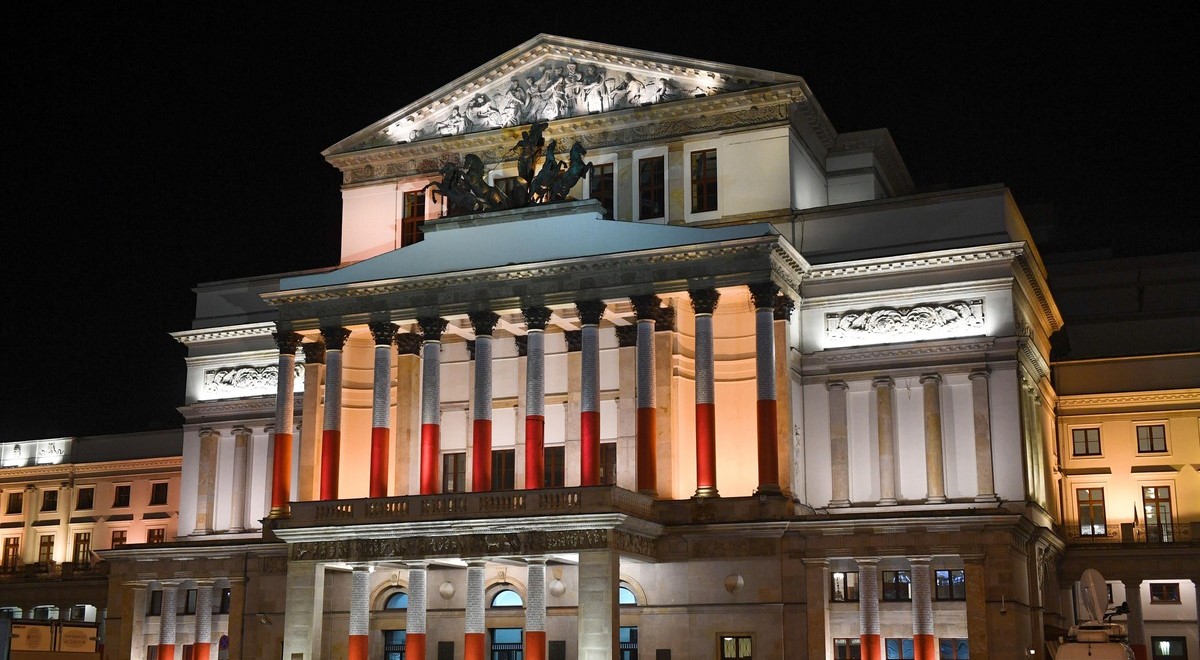

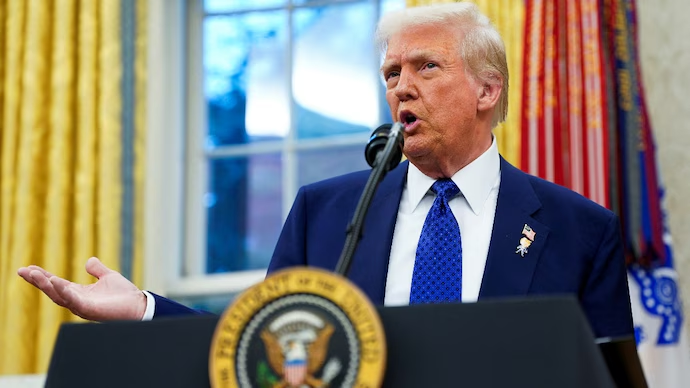





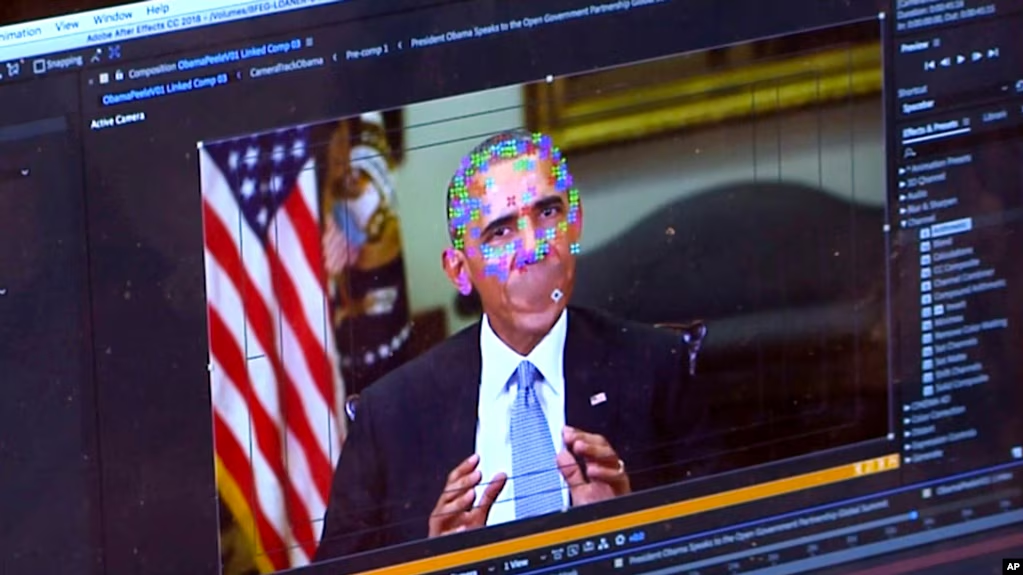


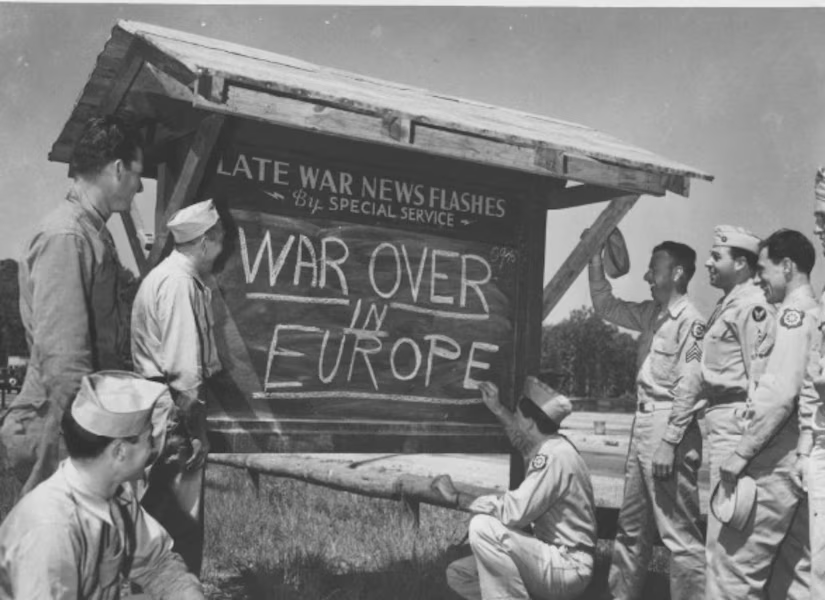

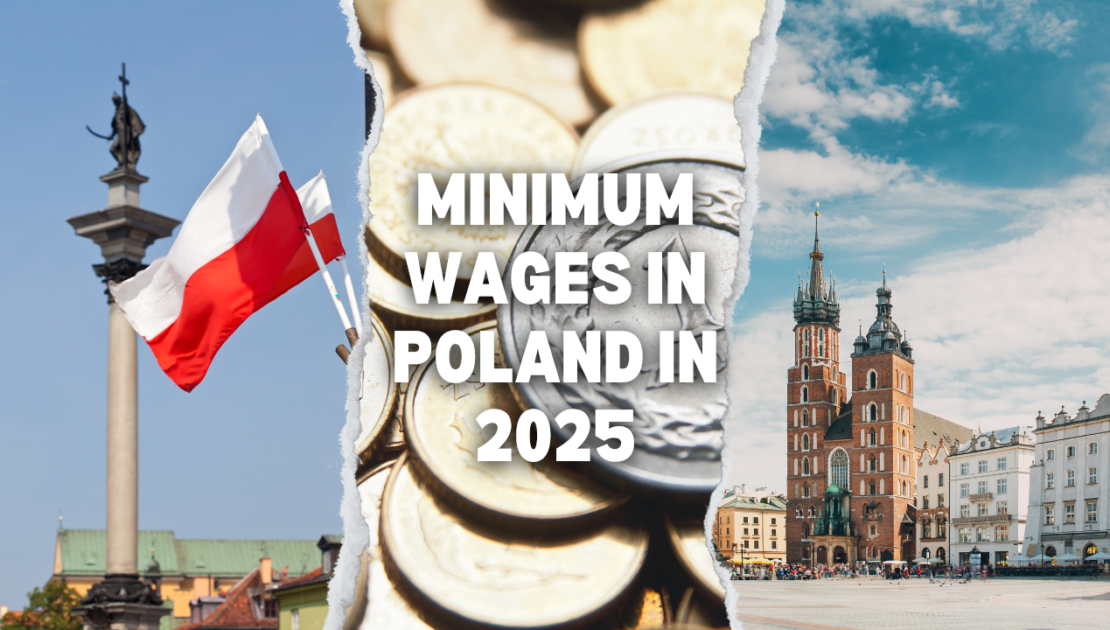






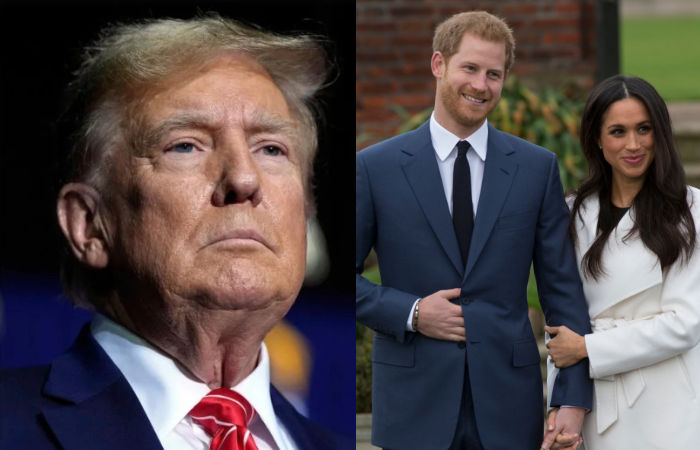



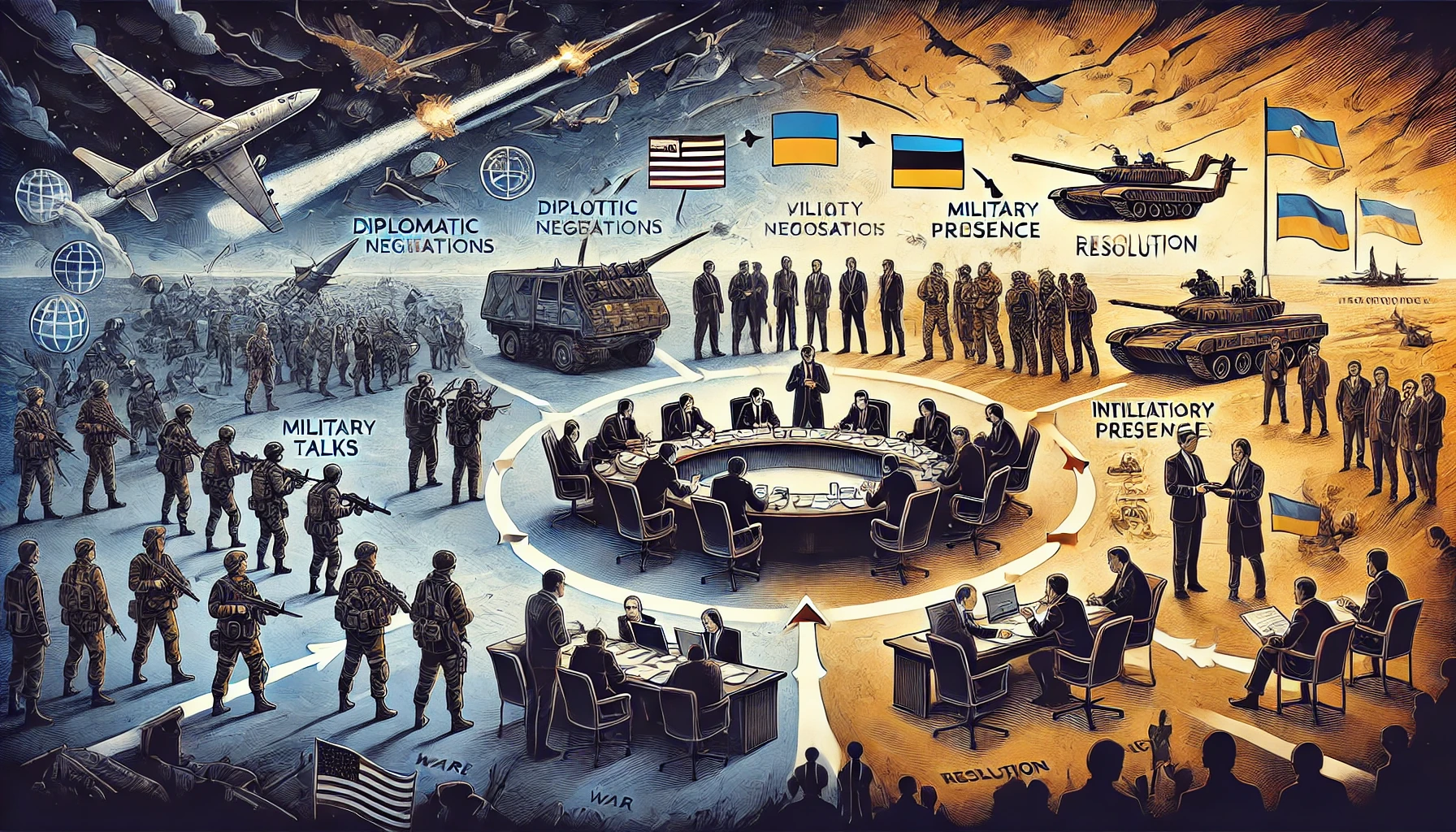


0 Comments